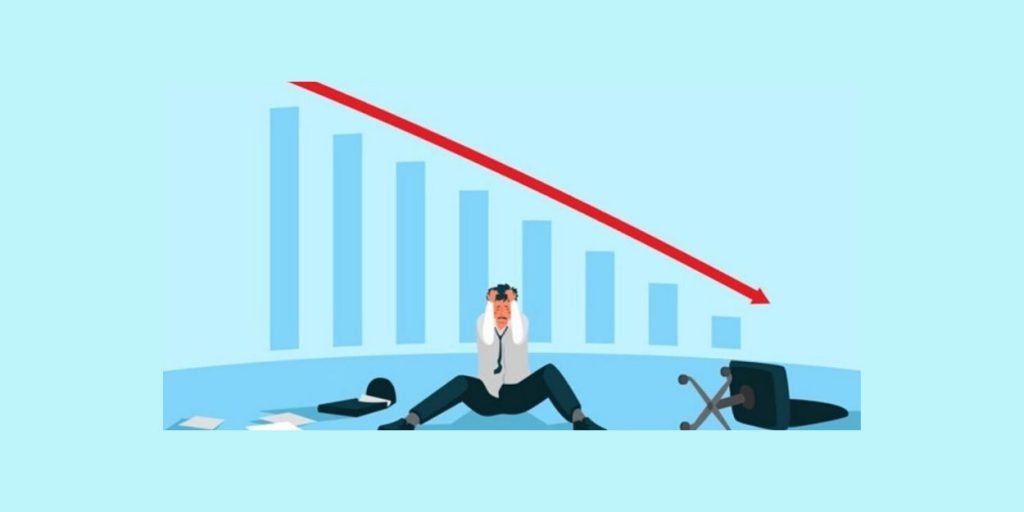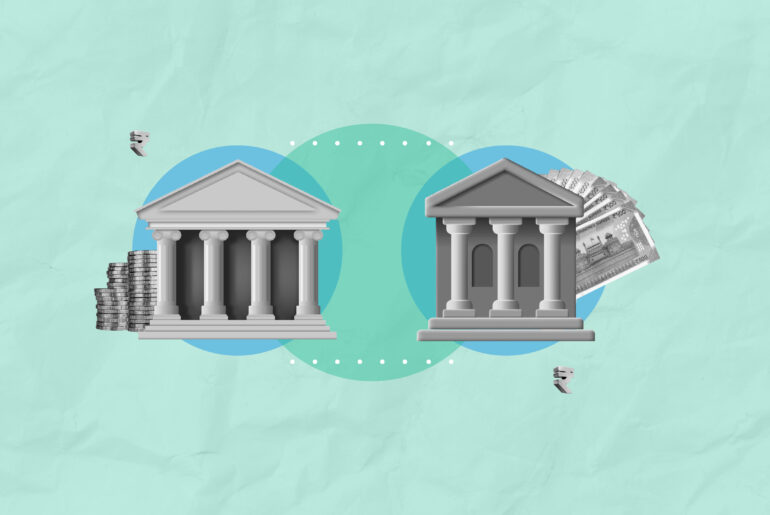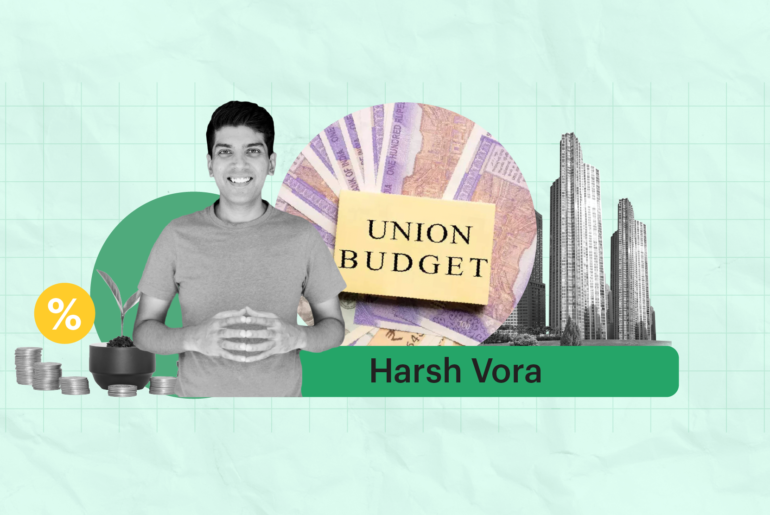Last Updated on Apr 13, 2020 by Aradhana Gotur
The Indian economy has been reeling since last year and as required, the government did announce a slew of revival measures to tidy the GDP growth rate. But little did we know that the light at the end of the tunnel wasn’t as close as we thought—it’s farther. Now we are staring at recession, which some experts say, would worsen and turn into economic depression. Let us understand why we are where we are.
Table of Contents
But first, the difference between recession and depression
In simple words, depression is an extended version of recession. The thumb rule states that recession is when an economy reports negative or significantly low GDP growth rate for 2 quarters. In contrast, depression is when the decline is long-term and can last for several months to years. It results in high unemployment, shortage of credit availability, stock market crash, reduction in output and investment, bank failures, decline in trade and commerce, and so on.
Where do we stand?
It is surprising how some of the results of depression resonate with what we have had or are witnessing currently. Several stock market crashes, two trading halts, volatile rupee, Yes Bank crisis, employee layoff, lower-interest rate regime (repo rate now stands at 4.4%) and much more. Our aviation sector is grounded, the restaurant sector is burnt, the auto sector is in shambles.
In other words, the Indian economy was already in a bad shape when COVID-19 flew in. With the novel coronavirus tightening its grip on the nation, what once was the opinion of some experts—that we’d hit recession—has now become a worry of masses. Well, we are not alone, the entire globe looks to be going down together.
Simply speaking, we are at crossroads. Looking at the speed at which the virus is spreading—almost like a wildfire—containing it is the need of the hour. As such, the country is under a 21-day lockdown resulting in the force-stop of all commercial activities excluding essentials and basic healthcare. Our economy is only getting glum.
Unfortunately, there is no second way to curb the devil’s impact at present, given it is novel and has no vaccination as yet. And history is proof. Finding a vaccination to fight a pandemic takes no lesser than a year. Naturally, experts across the globe are thinking out loud: there are high chances we might be entering into a period of economic depression.
Let us talk numbers
Moody’s, a reputed rating agency, forecasted the global GDP growth rate to be as low as 2.6% in 2020. This was before the virus. Now, when the virus has widened its spell on almost all the sectors, it has downgraded the growth rate to 2.2%. Speaking of India, Moody’s has downgraded its GDP growth forecast for 2020 twice in a just month, which now stands at 5.3%.
What next?
Fortunately, the MD of IMF, Kristalina Georgieva has some good news amid concerns about the coronavirus. She says that we can expect a faster recovery from the depression, as early as in 2021 if we contain the virus’ impact sooner.
To conclude, the responsibility of making things right lies with governments and financial policies across the globe. Zoom in and you will learn that we are equally responsible at the micro-level, let us stay home. Let us not be instrumental in worsening things. It is only seldom times that we get such an opportunity to enhance the national well-being. So, let us make the most of this, stay home and stay safe.
- Best Performing Index Funds in India (2025) - Jun 5, 2025
- Issue of Shares – Meaning, Types, Examples and Steps - Jun 4, 2025
- Banking Mergers in India – List of Merged PSU Banks, Advantages, and Challenges - Jun 3, 2025





